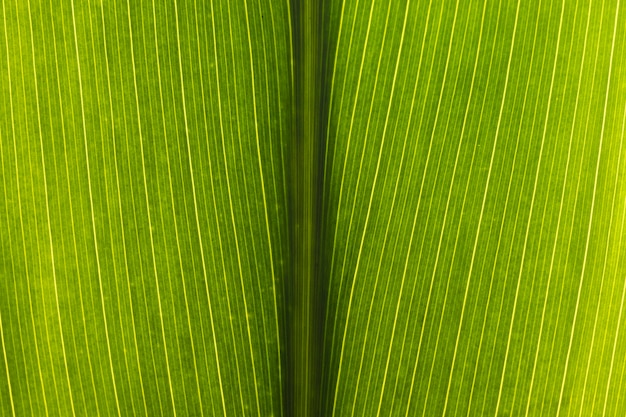The Sacred Plantain Leaf
The plantain leaf is one of the nine sacred herbs mentioned in the ancient Anglo-Saxon medical texts known as Lacnunga (‘Remedies’). During the 1500s and 1600s, Europeans used it for a variety of ailments, including dog bites, boils, fevers, and the flu. The primary components of plantain are iridoid glycosides (especially aucubin), mucilage, and tannins. These components are believed to reduce irritation, combat harmful organisms, and act as expectorants.
How Is Plantain Leaf Used?
Today, plantain leaf remains a staple in folk medicine. In Bosnia and Herzegovina, it is included in balms called mehlems, which are used for a wide range of disorders, including those affecting the urogenital tract, respiratory system, gastrointestinal tract, skin, blood system, nervous system, cardiovascular system, and for rheumatism. In Colombia, people use plantain leaf to promote overall health, while in Mexico, its use is primarily for gastrointestinal issues. These examples highlight the global use of plantain leaf. Due to its long history and recent scientific validation of some of its therapeutic properties, plantain leaf is now mainly used as an herbal remedy for upper respiratory tract health.
Clinical Studies of the Plantain Leaf
Modern science is beginning to validate the traditional uses of plantain leaf. The German Commission E, which regulates herbs and their medical use, has approved the internal use of plantain leaves to ease coughs and irritation of the mucous membrane associated with upper respiratory tract infections. Their research confirmed that plantain leaf can reduce lung tissue irritation and stimulate the immune system. They recommend it for moderate chronic irritative coughs, especially in children.
Two clinical trials in Bulgaria have documented the efficacy of plantain for chronic bronchitis. It acts as a demulcent, similar to pectin and glycerin found in cough syrups and throat drops, forming a soothing film over mucous membranes to relieve minor discomfort and irritation. This property makes plantain leaf effective for coughs caused by the flu, cold, and irritation. Since demulcents can increase mucus production in the lungs, they are often used to relieve dry coughs.
A study in Taiwan, where plantain leaves are used in folk medicine for various infectious ailments related to the respiratory, urinary, and digestive tracts, found that hot water extracts from the plant showed resistance to harmful organisms. They also confirmed the immunostimulatory effects found by Commission E.
The Department of Microbiology and Immunology at the Universidad Nacional Río Cuarto in Argentina confirmed plantain leaf’s resistance to harmful organisms when studying alcoholic extracts from eight different plants. Additionally, research conducted by a Brazilian university found that three plants from the Asteraceae family, including Plantago major, had some degree of activity against harmful organisms, including yeast. This finding supports its use for many infectious ailments in Brazilian folk medicine.

